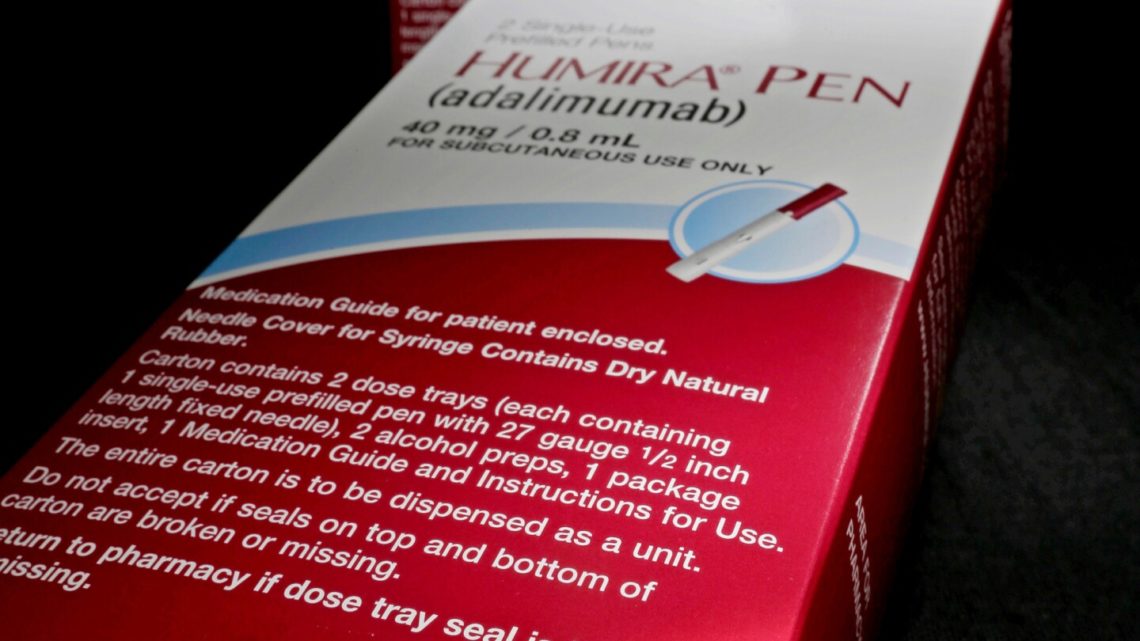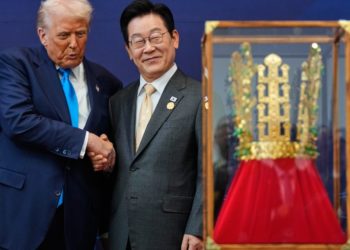Federal regulators are trying to make it easier to develop to powerful drugs that many Americans depend on to treat autoimmune diseases or cancers.
The Food and Drug Administration said Wednesday it has released guidance to simplify studies for and cut unnecessary testing.
are made from living cells instead of by mixing chemicals. They have led to major advances in treating immune system disorders, eye diseases and some cancers since the late 1990s, but they also are very costly.
For decades, biotech drugmakers argued that their medicines were too complex to be copied by competitors. That finally changed under President Barack Obama’s 2010 health overhaul, which ordered the FDA to create a system for approving “biosimilar drugs.” The industry term arose because scientists insisted it would be impossible to produce exact copies of their biotech drugs.
FDA’s pathway, finally published in 2015, suggests that drugmakers conduct studies showing patients respond similarly to biosimilar versions when compared with the originals.
The latest proposal seeks to ease that standard, which the administration calls an “unnecessary resource-intensive requirement.”
“The result will be more competition, lower prices and faster access to lifesaving medicines,” said Health Secretary Robert F. Kennedy Jr.
The draft guidance is the first step in an extensive bureaucratic process. It amounts to a tentative set of recommendations for drugmakers.
The FDA will take public comments on its proposal for 60 days. After that, it must review and revise the document. The final guidance, expected in three months to six months, will not be binding. It will serve as suggestions for drugmakers working on biosimilars.
Biosimilar competition has brought some price relief to patients who take such drugs such as the autoimmune disease treatment Humira. But this may not happen immediately. That can depend on insurance coverage and whether the biosimilar is added to a pharmacy benefit manager’s list of covered drugs.
Experts say that over time, biosimilars also can prompt drugmakers to lower the cost of their biologic drugs or offer bigger rebates to keep their product on a formulary.
___
Associated Press writer Ali Swenson contributed to this report.
___
The Associated Press Health and Science Department receives support from the Howard Hughes Medical Institute’s Department of Science Education and the Robert Wood Johnson Foundation. The AP is solely responsible for all content.
The post Federal health officials push effort to spur cheaper biotech drugs appeared first on Associated Press.




